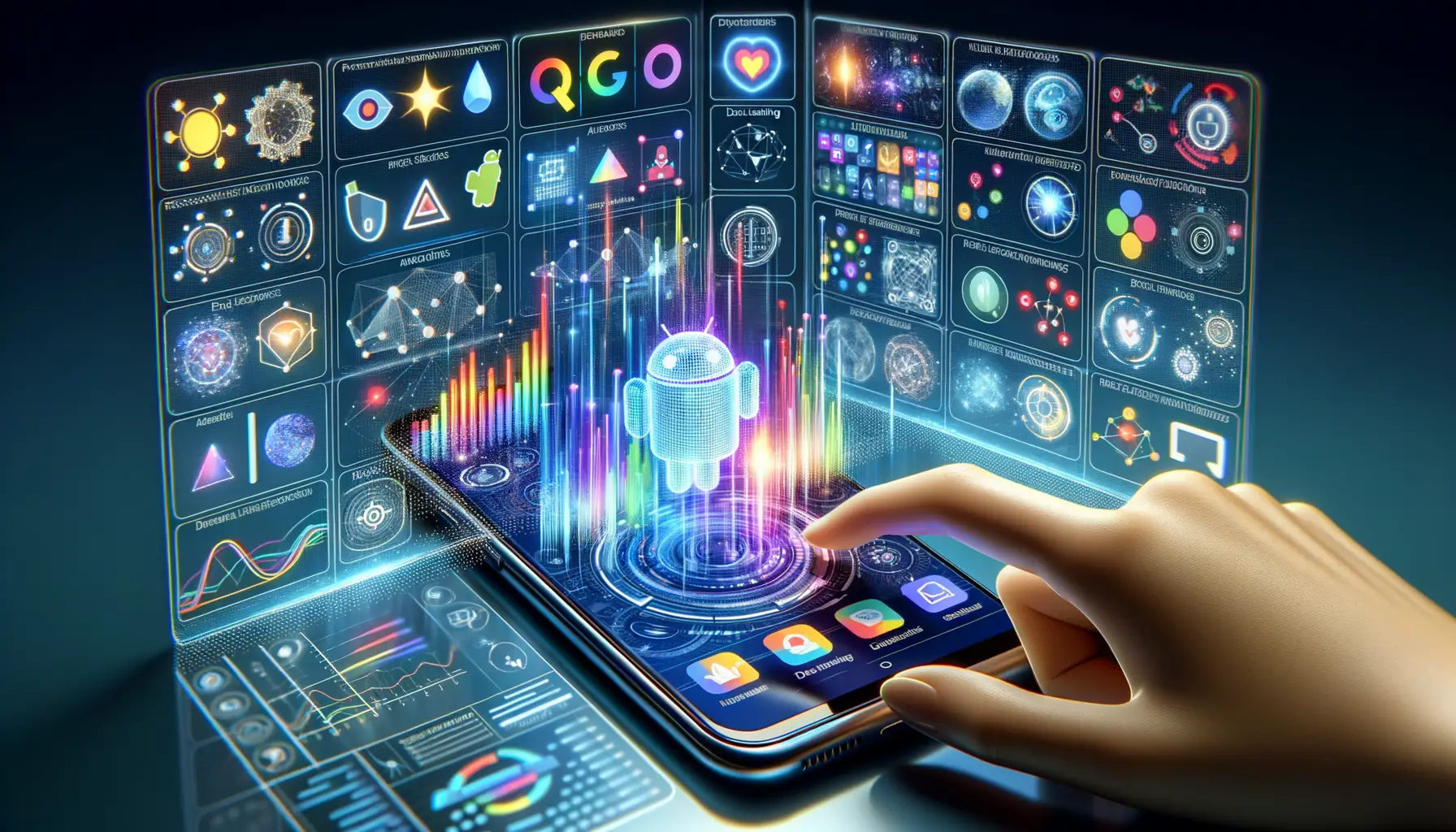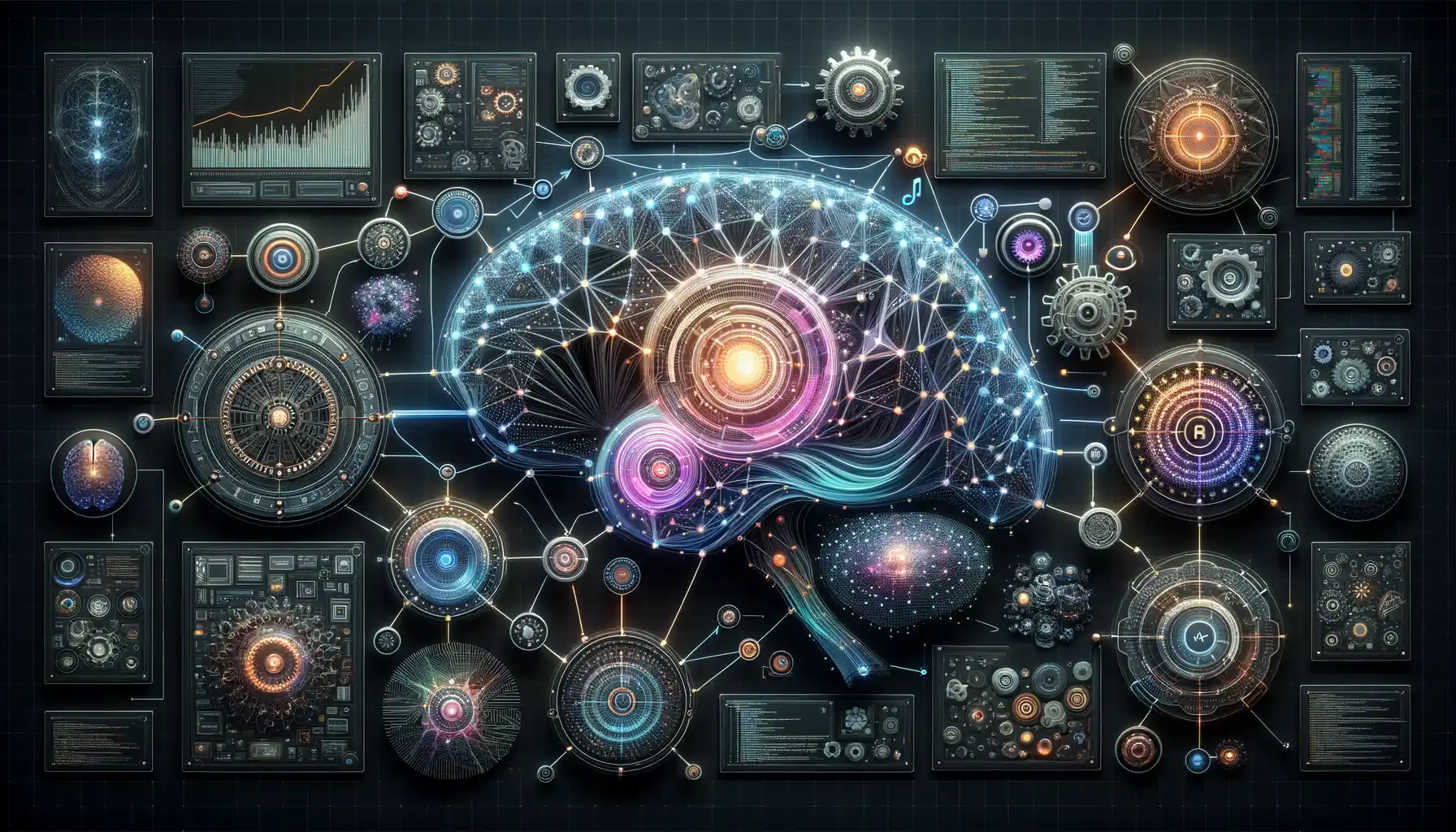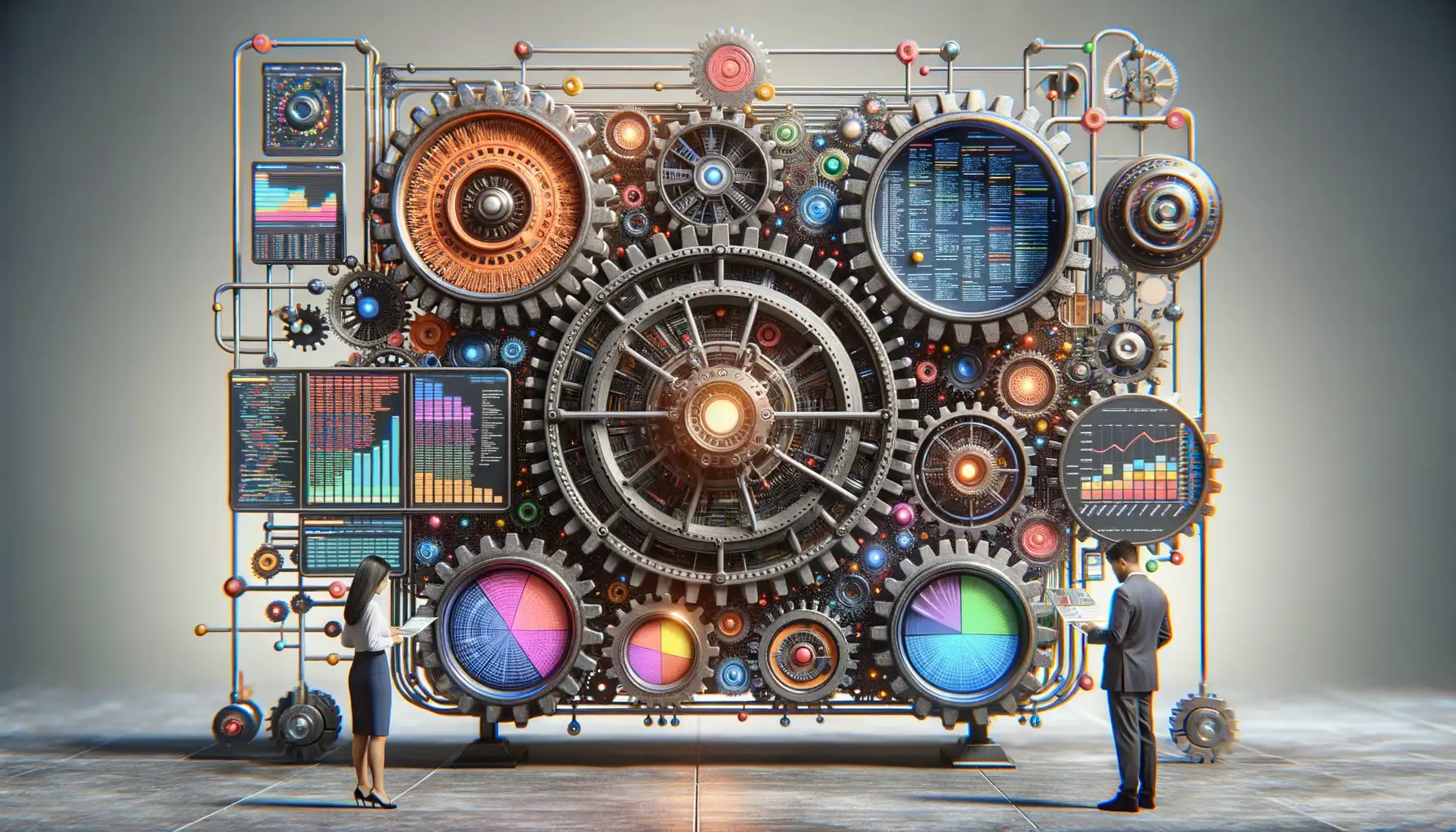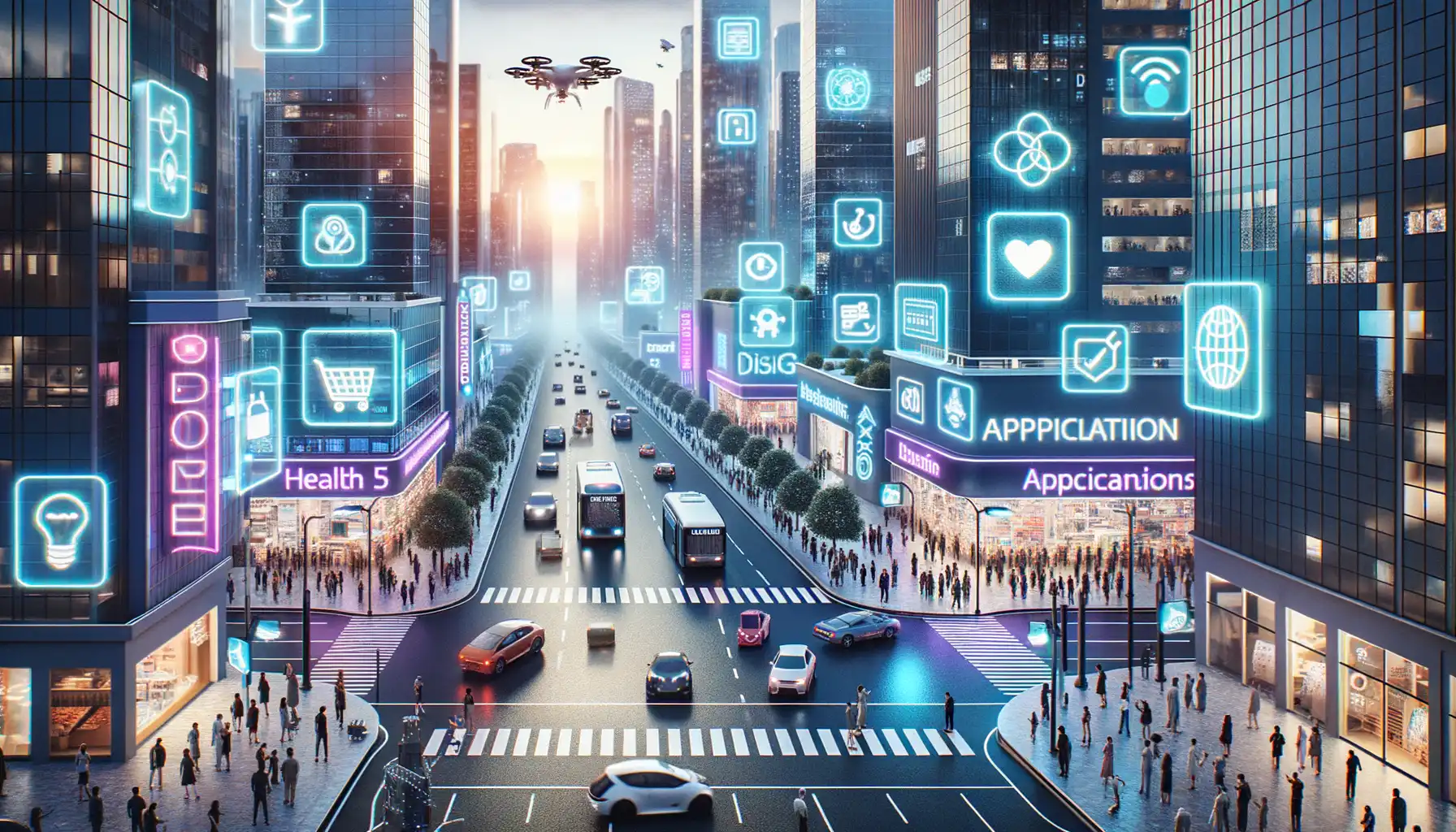Introduction to AI and App Recommendations
How AI is Transforming App Discovery
Let’s face it—finding the perfect app in a sea of millions on the Google Play Store can feel like searching for a needle in a digital haystack. This is where AI-driven app recommendations step in, like a personal shopper who knows your taste better than you do. These intelligent systems don’t just guess; they actively learn from every tap, swipe, and download decision you make.
Picture this: you’re a fitness buff exploring workout apps. You download one for yoga, and suddenly, your device suggests HIIT trainers, running trackers, or even meal plan apps that fit your lifestyle. It’s as if your phone has become your most thoughtful friend—or, dare I say, your tech soulmate.
- Personalization: AI tailors suggestions to your habits, interests, and even time of day.
- Efficiency: No more endless scrolling. Get the apps you need without wasting a second.
- Discovery: Explore hidden gems you’d never find on your own!
This isn’t just convenience; it’s a revolution in how we interact with our devices. Your Android isn’t a static tool anymore—it’s an evolving partner in your digital journey. Excited yet? Let’s dive deeper!
Emerging Trends in AI-Powered Android App Suggestions

The Shift Towards Hyper-Personalization
Picture this: you open your Android phone, and it’s like the system knows you better than your best friend. That’s the magic of hyper-personalization, a trend stealing the spotlight in AI-powered Android app suggestions. Instead of generic “top apps” or cookie-cutter advice, today’s algorithms dive deep into your habits, likes, and even those late-night scrolling sessions (we’re looking at you, TikTok fanatics!).
What’s driving this shift? AI is evolving beyond just analyzing what you download—it’s tapping into your real-time behaviors and even predicting your next move. For example:
- Did you browse recipes for Thai curry last night? Expect a notification suggesting the top-rated grocery delivery apps.
- Obsessed with fitness trackers? Your phone might nudge you toward a yoga app tailored to your recent workouts.
This trend feels almost… human. It’s as if apps are whispering, “Hey, we’ve got your back.”
AI-Powered Discovery Is Becoming Smarter
Discovery is no longer random—it’s an adventure curated just for you. AI has started using patterns you didn’t even know existed. Did you realize that watching a lot of DIY videos might lead your phone to recommend apps for project management? Or that bingeing romance novels on Kindle could suggest dating platforms?
What makes this revolutionary is the introduction of context awareness. Your location, time of day, upcoming events on your calendar—everything feeds the algorithm. You’re not just a user; you’re a living, breathing puzzle that AI loves to solve.
This isn’t cold, robotic logic—it’s as if your device is saying, “I see you, and I think this might inspire you.”
Key Technologies Shaping AI Recommendations

The Brains Behind Smarter Suggestions
Ever wonder how your Android device seems to read your mind, suggesting apps at the exact moment you need them? Behind this magic lies a mix of cutting-edge technologies working in harmony like a well-rehearsed orchestra. At the heart of it all is machine learning, tirelessly sifting through mountains of data to predict what you might love or need next.
But let’s sprinkle in some specifics. Here are the key players pulling the strings:
- Deep Learning Models: These powerhouses dive into layers of information to uncover patterns. For instance, they notice if you open meditation apps every night at 9 PM and gently nudge similar suggestions your way.
- Natural Language Processing (NLP): When your favorite AI assistant suggests an app after a voice query like, “What’s the best photo editor?” thank NLP for translating your words into actionable insights.
- Collaborative Filtering: Ever downloaded an app because “users like you loved this”? That’s collaborative filtering connecting the dots between your behavior and others’ preferences.
Real-Time Personalization: The Secret Sauce
What makes these recommendations feel so personal? It’s not just algorithms—it’s the ability to adapt on-the-fly. Think of it as having a friend who not only remembers your tastes but also notices when they change.
Imagine this: You install a fitness tracker, and within hours, your app store starts showing calorie counters, virtual yoga classes, and running playlists. That’s real-time personalization in action, fueled by advanced AI analytics. It’s like your phone silently whispers, “I know what you’re into right now.”
This blend of constant learning, lightning-quick decision-making, and razor-sharp focus on your habits means Android app recommendations don’t just follow trends—they anticipate your story before you even realize you’re writing it.
Challenges in Implementing AI-Driven Recommendations

Why Navigating AI in Recommendations Feels Like Climbing Everest
Implementing AI-driven recommendations isn’t all rainbows and sleek app interfaces – far from it. It’s often like assembling a puzzle where half the pieces are missing, and someone just spilled coffee on the manual. Let’s dive into the hurdles.
First, there’s the challenge of dealing with enormous data volumes. Android devices span millions of users, and their preferences shift faster than trends on TikTok. Capturing that behavior? A Herculean task. Developers juggle mountains of data to ensure recommendations feel intuitive, not off-the-wall random.
Then comes the issue of bias – the sneaky little gremlin in data. If the training data for an app’s AI skews one way (say, favoring popular apps in the U.S.), users in smaller markets might end up with suggestions that feel irrelevant or even alienating. Not exactly creating a “Whoa, this app gets me!” moment, right?
- Real-time processing: One user downloads a weather app, another needs translation tools… Can the system update fast enough?
- Privacy concerns: Striking a balance between personalization and creepy overreach is no walk in the park.
The takeaway? Building brilliant AI recommendations is a messy, fascinating puzzle – one worth solving.
Future Predictions and Impact on App Ecosystems

Revolutionizing the App Experience
Picture this: opening your Android device and having your favorite apps and new discoveries appear as if they’re reading your mind. That’s not magic—it’s the future of AI in app ecosystems. As algorithms become smarter, your phone could become less of a tool and more of a trusted companion, anticipating what you need before you even know it yourself.
Imagine waking up to an app combo designed just for your morning routine: a meditation app queued up alongside an updated weather report and a playlist tailored to kickstart your day. These hyper-personalized recommendations might soon be based not just on searches or downloads but on nuanced factors like mood, proximity to specific locations, or even real-time behavior patterns.
- AI could predict seasonal needs (like fitness apps in January).
- It might prioritize apps based on frequent usage times.
A Tidal Shift for Developers
For app creators, this transformation isn’t a trend; it’s a tsunami. As AI disrupts how users discover apps, developers may need to rethink strategies entirely. Instead of casting a wide net, they’ll chase hyper-niche audiences—teaming up with recommendation systems to ensure their apps shine brighter in an increasingly crowded virtual sea. Dive into this future, and you’ll see why the ripple effects promise to reshape every corner of the tech world.
